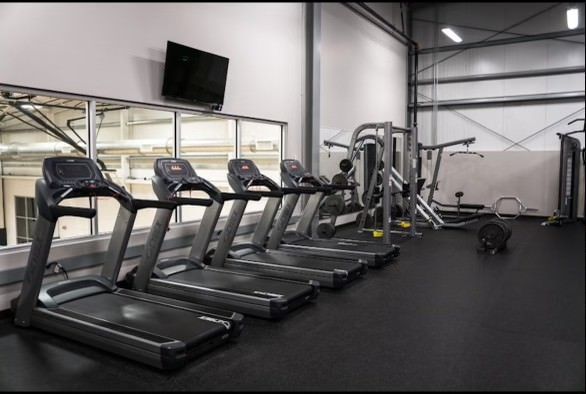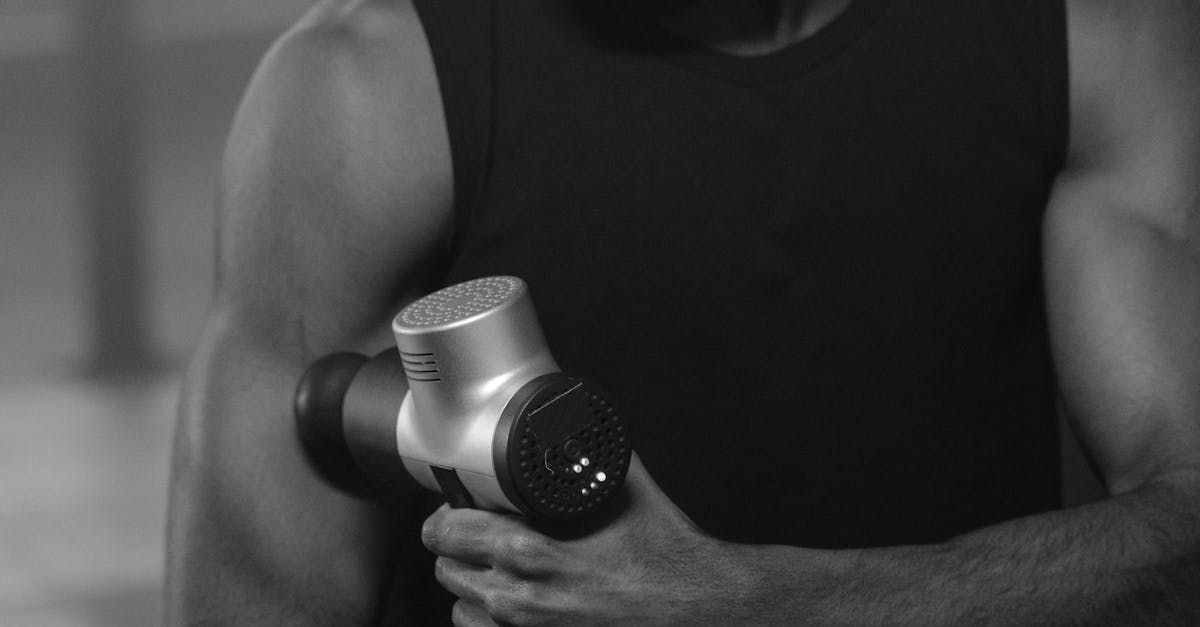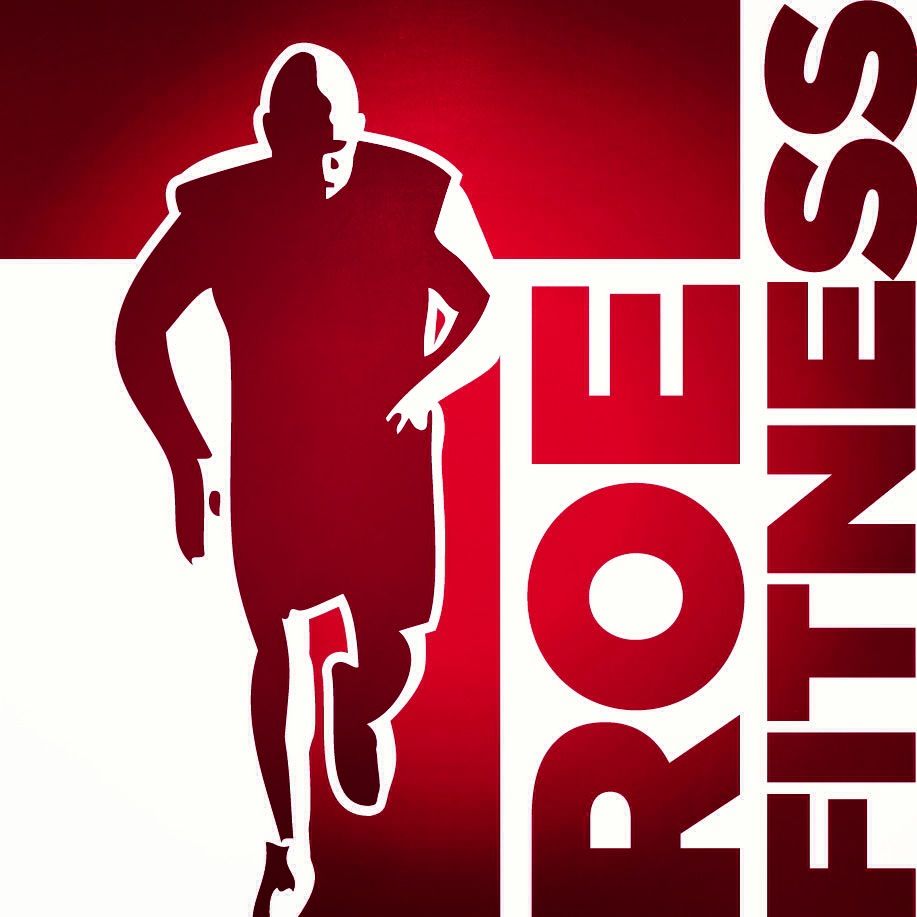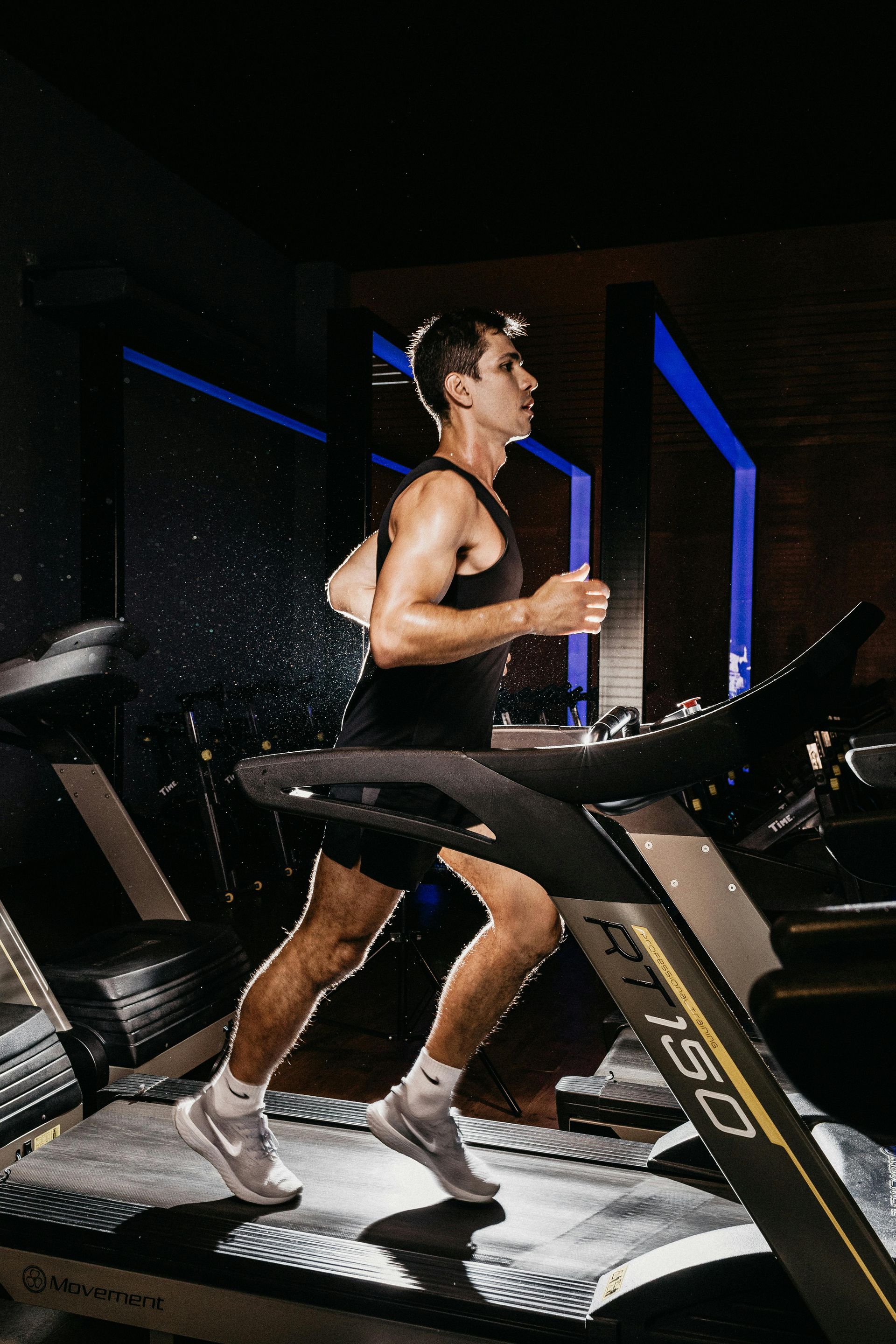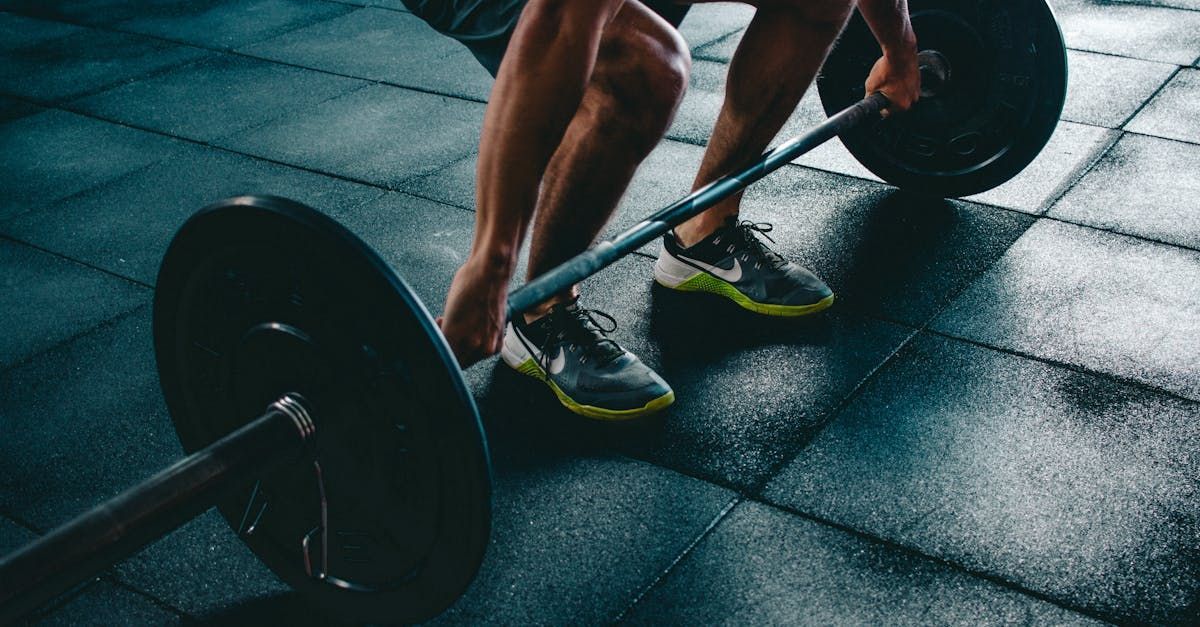Importance of Sports Rehabilitation

Importance of Sports Rehabilitation
Sports rehabilitation is crucial for athletes and active individuals as it focuses on the recovery, prevention, and optimal performance of the body following injuries. Effective sports rehab helps in accelerating the healing process, restoring mobility, strength, and flexibility, which are essential for returning to pre-injury activity levels. Additionally, it addresses not just the physical aspects of recovery but also the psychological, helping athletes regain confidence and mental resilience. Early and targeted rehabilitation can prevent minor injuries from becoming chronic issues, thereby enhancing long-term health and performance. By integrating specialized exercises and therapies, sports rehabilitation ensures that athletes can safely and efficiently return to their sports, reducing the risk of re-injury and promoting overall well-being.
Understanding Sports Rehabilitation
Sports rehabilitation is a specialized field focused on helping athletes and active individuals recover from injuries and return to their peak performance levels. It encompasses a range of therapeutic interventions and exercises designed to address the physical, psychological, and functional aspects of injury recovery. The primary goal of sports rehabilitation is to restore optimal function, prevent re-injury, and enhance the overall well-being of the individual.
The process of sports rehabilitation typically begins with a thorough assessment by a physical therapist or sports medicine professional. This evaluation identifies the specific nature and extent of the injury, as well as any underlying biomechanical or functional issues. Based on this assessment, a customized rehabilitation program is developed, which may include exercises to improve strength, flexibility, and range of motion, as well as techniques to manage pain and inflammation.
One of the key components of sports rehabilitation is the emphasis on individualized care. Each athlete's rehabilitation plan is tailored to their unique needs, taking into consideration factors such as the type of sport they participate in, their level of competition, and their specific goals. This personalized approach ensures that the rehabilitation process is both effective and efficient, helping athletes to recover more quickly and return to their sport with confidence.
In addition to physical recovery, sports rehabilitation also addresses the psychological aspects of injury. Athletes often experience a range of emotions, such as frustration, anxiety, and depression, during the recovery process. Rehabilitation professionals work to support athletes' mental health by incorporating strategies to build resilience, set achievable goals, and maintain motivation. This holistic approach to rehabilitation not only helps athletes recover from their injuries but also enhances their overall performance and well-being.
Physical Benefits of Sports Rehabilitation
- Accelerated Recovery: How tailored rehab programs speed up the healing process.
- Improved Mobility and Flexibility: Enhancing joint and muscle function through targeted exercises.
- Strength Building: Regaining muscle strength and preventing future injuries.
- Pain Management:Pain management is a critical component of sports rehabilitation, involving various techniques to alleviate discomfort during and after recovery. These techniques often include physical therapies such as cold and heat therapy to reduce inflammation and soothe muscles. Manual therapy, including massage and joint mobilization, can help relieve muscle tension and improve circulation. Therapeutic exercises, tailored to the individual's specific needs, aid in strengthening and stabilizing the affected area, thereby reducing pain. Additionally, modalities like electrical stimulation, ultrasound therapy, and dry needling may be employed to target deeper tissues and provide pain relief. Combining these approaches with proper education and guidance on movement and posture, athletes can manage pain effectively and expedite their return to full activity.
Psychological Benefits of Sports Rehabilitation
Sports rehabilitation is not only about physical recovery but also significantly enhances mental well-being. One of the most notable psychological benefits is the development of mental resilience. Structured rehabilitation programs challenge athletes to push through discomfort and setbacks, building mental toughness and confidence. This resilience extends beyond the rehab sessions, empowering athletes to face future challenges with a stronger, more determined mindset.
Additionally, sports rehabilitation can play a crucial role in reducing anxiety and depression. Injuries can be emotionally taxing, leading to feelings of frustration, helplessness, and even depression. Engaging in a structured rehab program provides a sense of purpose and progress, which can significantly improve mental health. The positive effects of physical activity, coupled with the support from healthcare professionals, help in alleviating symptoms of anxiety and depression, promoting a more positive outlook during the recovery process.
Goal setting and achievement are also integral parts of sports rehabilitation. Setting realistic and attainable goals helps athletes stay motivated and focused throughout their recovery. These goals provide clear milestones to work towards, making the rehabilitation process more structured and rewarding. Achieving these goals, whether it's regaining a certain range of motion or returning to full activity, instills a sense of accomplishment and boosts self-esteem. The strategies used in goal setting within sports rehab can also be applied to other areas of life, fostering a proactive and motivated mindset.
Long-Term Benefits of Sports Rehabilitation
Sports rehabilitation offers numerous long-term benefits that extend beyond the immediate recovery from injuries. One of the most significant advantages is injury prevention. Through rehabilitation, athletes learn specific techniques and exercises designed to strengthen vulnerable areas, improve flexibility, and enhance overall body mechanics. These preventative measures are crucial in minimizing the risk of re-injury. By incorporating these exercises into their regular training routines, athletes can safeguard against future injuries, ensuring they remain in peak physical condition.
Another long-term benefit of sports rehabilitation is sustained performance. Continuous rehabilitation practices help athletes maintain their peak performance levels by addressing any imbalances or weaknesses that may develop over time. Regular sessions with a physical therapist can help identify and correct potential issues before they become problematic. This proactive approach not only keeps athletes performing at their best but also prolongs their careers by maintaining optimal physical health.
Holistic health is another important aspect of sports rehabilitation. The comprehensive nature of rehab programs addresses not just the physical, but also the mental and emotional well-being of athletes. Engaging in consistent rehabilitation promotes overall fitness, reduces stress, and fosters a positive mindset. This holistic approach enhances the quality of life for athletes, enabling them to enjoy their sport while maintaining a balanced and healthy lifestyle. By investing in sports rehabilitation, athletes can achieve long-term health benefits that contribute to their overall well-being and athletic success.
Case Studies and Success Stories
Sports rehabilitation has proven to be a game-changer for athletes of all levels, from professionals to amateurs, enhancing their recovery and performance. One notable example is NBA star Stephen Curry, who has faced multiple injuries throughout his career. Through dedicated sports rehab, including targeted strength training and physiotherapy, Curry has managed to return to the court each time, performing at an elite level. His commitment to rehabilitation not only accelerated his recovery but also improved his overall physical resilience, allowing him to continue his impressive career.
Everyday athletes also experience significant benefits from sports rehabilitation. Take Jane, an avid runner who suffered a severe ankle sprain during a marathon. Through a structured rehab program, including balance exercises and gradual strength-building routines, Jane was able to regain her mobility and strength. Her recovery journey not only enabled her to return to running but also taught her valuable techniques to prevent future injuries. Stories like Jane's highlight the transformative power of sports rehab in helping amateur athletes overcome setbacks and achieve their fitness goals.
Testimonials from athletes and therapists further underscore the positive impacts of sports rehabilitation. Tom, a soccer player, shared, “Sports rehab was crucial in my recovery process. The personalized care and targeted exercises helped me get back on the field faster than I expected.” Physical therapist Sarah echoed this sentiment, noting, “Seeing athletes regain their confidence and strength through rehab is incredibly rewarding. It’s not just about physical recovery; it’s about empowering them to believe in their abilities again.” These testimonials reflect the holistic benefits of sports rehab, encompassing physical recovery, mental resilience, and overall well-being.
By sharing these case studies and success stories, it's evident that sports rehabilitation plays an essential role in the lives of athletes, helping them overcome injuries and reach their full potential. Whether it's a professional athlete returning to elite performance or an everyday athlete conquering a personal challenge, the impact of dedicated rehabilitation cannot be overstated.
How to Choose a Sports Rehab Program
Selecting the right sports rehabilitation program is crucial for effective recovery and long-term success. The first step is to find qualified professionals who are experienced and reputable in the field. Look for physical therapists and rehab centers that have certifications and a proven track record in treating sports-related injuries. Checking reviews, seeking recommendations from fellow athletes, and verifying the credentials of therapists can help ensure that you receive high-quality care from knowledgeable and skilled practitioners.
Customizing your rehabilitation program is essential to address your unique needs and goals. A one-size-fits-all approach is less effective than a personalized plan tailored to your specific injury, sport, and recovery timeline. The best rehab programs involve a comprehensive assessment by the therapist to develop a plan that includes exercises, therapies, and strategies designed specifically for you. This individualized attention not only optimizes recovery but also helps in addressing any underlying issues that could contribute to future injuries.
Monitoring progress is another critical component of a successful sports rehab program. Regular check-ins with your therapist to assess your recovery and make necessary adjustments to your plan are vital. Keeping track of your progress through documented milestones and feedback sessions helps in ensuring that the rehab program remains effective and responsive to your evolving needs. By staying proactive and engaged in your rehabilitation journey, you can achieve better outcomes and return to your sport stronger and more resilient.


